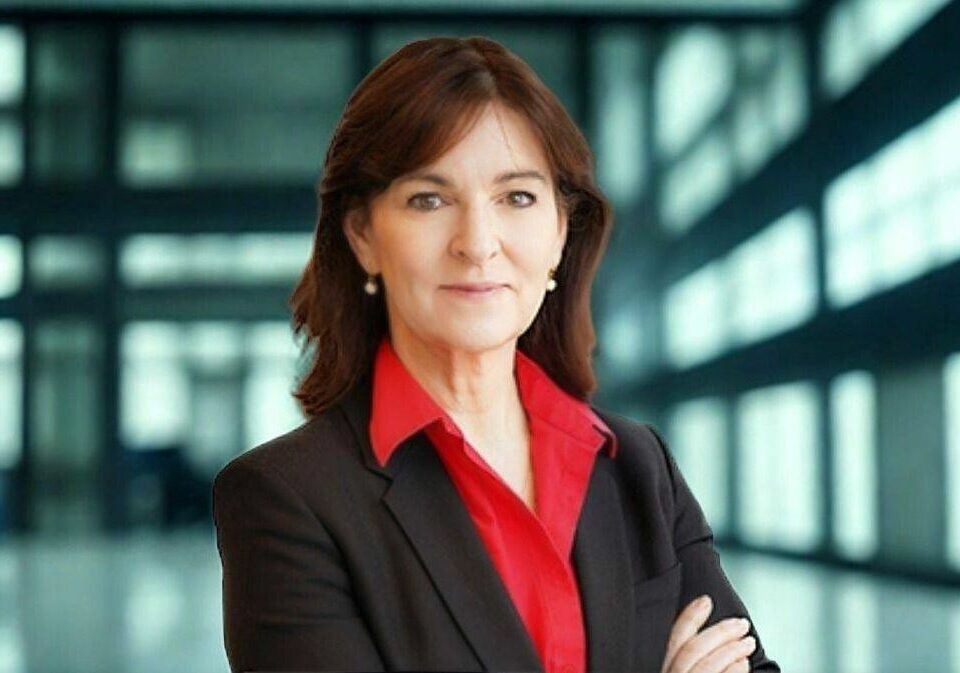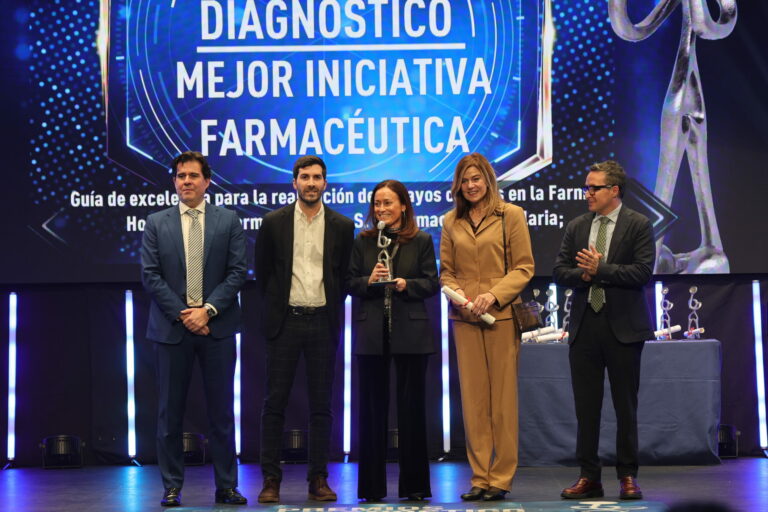Global Clinical Trials Forum: ‘Only those that are ethical, high-quality and inclusive will thrive’

The World Health Organisation explains in an interview with ConSalud.es that the recently launched Global Clinical Trials Forum seeks to combat fragmentation and barriers in research.

Consalud.es
A couple of weeks ago, the World Health Organisation (WHO) launched the Global Clinical Trials Forum (GCTF), an ambitious initiative aimed at reforming the global health research landscape. The WHO explained to Consalud.es the objectives and roadmap of this platform, which arises as a direct response to the critical need for all countries, especially those with low and middle incomes, to have the real capacity to generate reliable scientific evidence at the local level.
Along the same lines, the WHO maintains that the GCTF is essential to combat the fragmentation and barriers that currently prevent these nations from developing robust and sustainable research ecosystems. More specifically, the creation of this global forum is in line with Resolution WHA75.8 adopted by the World Health Assembly in 2024 and is based on the Global Action Plan for Strengthening the Clinical Trials Ecosystem (GAP-CTS).
According to the WHO, the GCTF aims to bring together a wide range of stakeholders, from Member States and regulatory bodies to funders, researchers, ethics committees and community representatives. The goal is to establish an environment conducive to clinical trials that are ‘ethical, high-quality and inclusive’. This work will focus on facilitating the exchange of best practices and evidence between countries and actively supporting the implementation of the WHO Guidance on Best Practices for Clinical Trials.
The WHO maintains that the GCTF is essential to combat the fragmentation and barriers that currently prevent these nations from developing robust and sustainable research ecosystems.
With regard to improving the quality of trials, the WHO states that ‘quality transcends mere methodological or statistical sophistication’. In other words, for the organisation, improving quality implies a clear commitment to transparency, rigorous recording of protocols and, ultimately, the full publication of the results obtained. The Forum will therefore promote harmonised approaches to governance and policy in order to reduce unnecessary duplication of effort and ensure that the evidence generated is useful and applicable globally.
The GCTF’s work plan is structured around nine priority areas of action defined in the GAP-CTS, including strengthening leadership and coordination, improving research infrastructure, and including underrepresented populations in research. The WHO states that ‘while all areas are crucial, the Forum’s initial actions will focus on building robust networks, both globally and regionally, dedicated to sharing knowledge and promoting WHO-recommended best practices,’ according to the WHO. This initial approach seeks to effectively enhance coordination, inclusion and quality across all geographies.
The WHO will continue to invite organisations that share the vision of strengthening clinical trial ecosystems to participate, particularly those from underrepresented regions and stakeholder groups.
“By the launch date, 27 institutions from all WHO regions had joined the Forum, including government agencies, research institutions, regulatory authorities, ethics bodies, industry associations, and patient and community representatives. The WHO will continue to invite organisations that share the vision of strengthening clinical trial ecosystems to participate, particularly those from underrepresented regions and stakeholder groups,” the WHO emphasises.
In this regard, the WHO indicates that the commitment of participants is ‘collaborative in nature,’ requiring them to actively participate, share knowledge and relevant information, such as resources, data and case studies, and, above all, to ‘act in the best interests of public health, in line with WHO policies.’ In addition, thematic working groups, which address practical issues such as regulatory simplification or community participation, will be led by the members themselves, ensuring that the Forum serves as the strategic bridge between global guidance and effective action at the local level.





